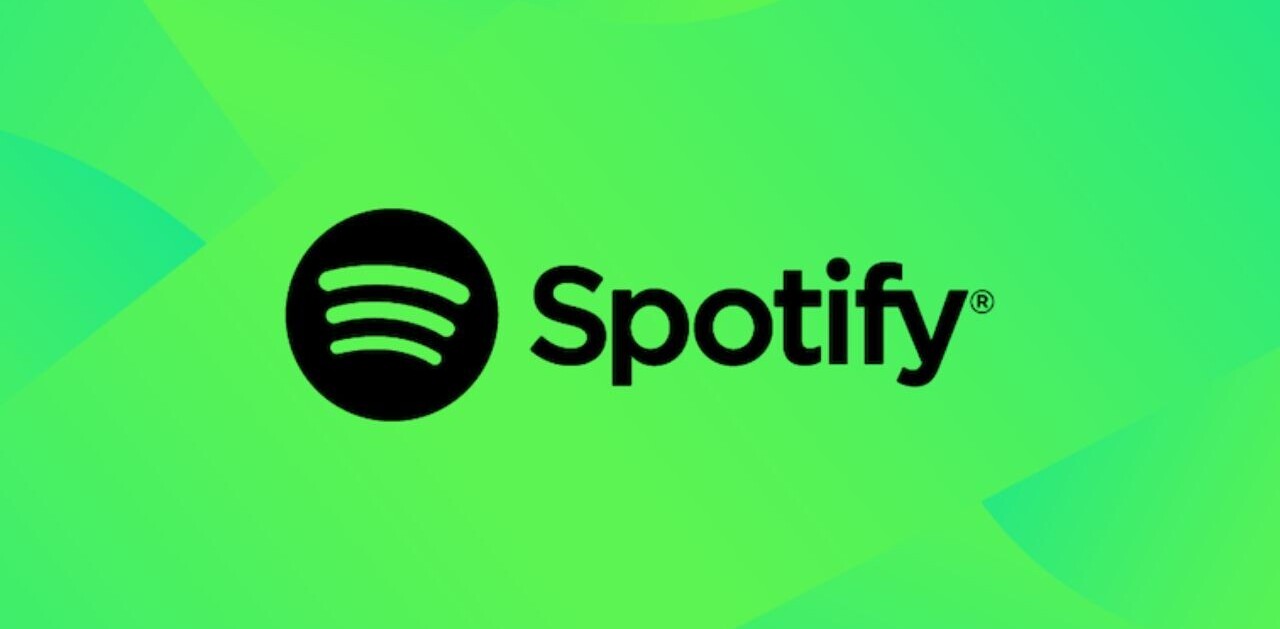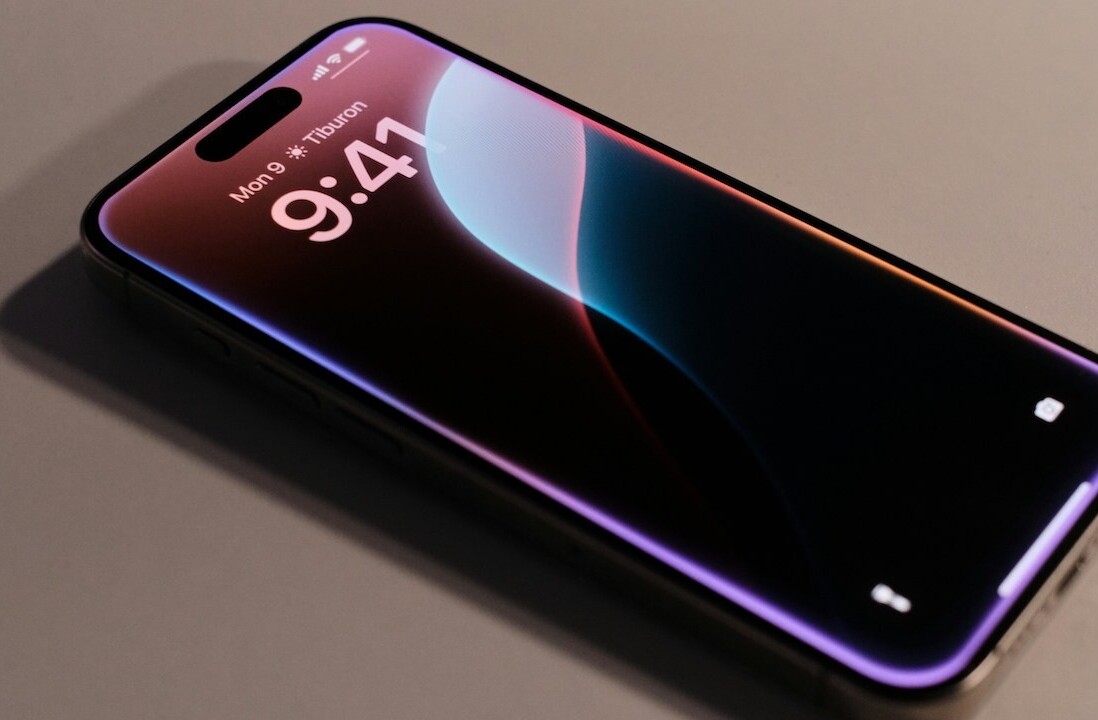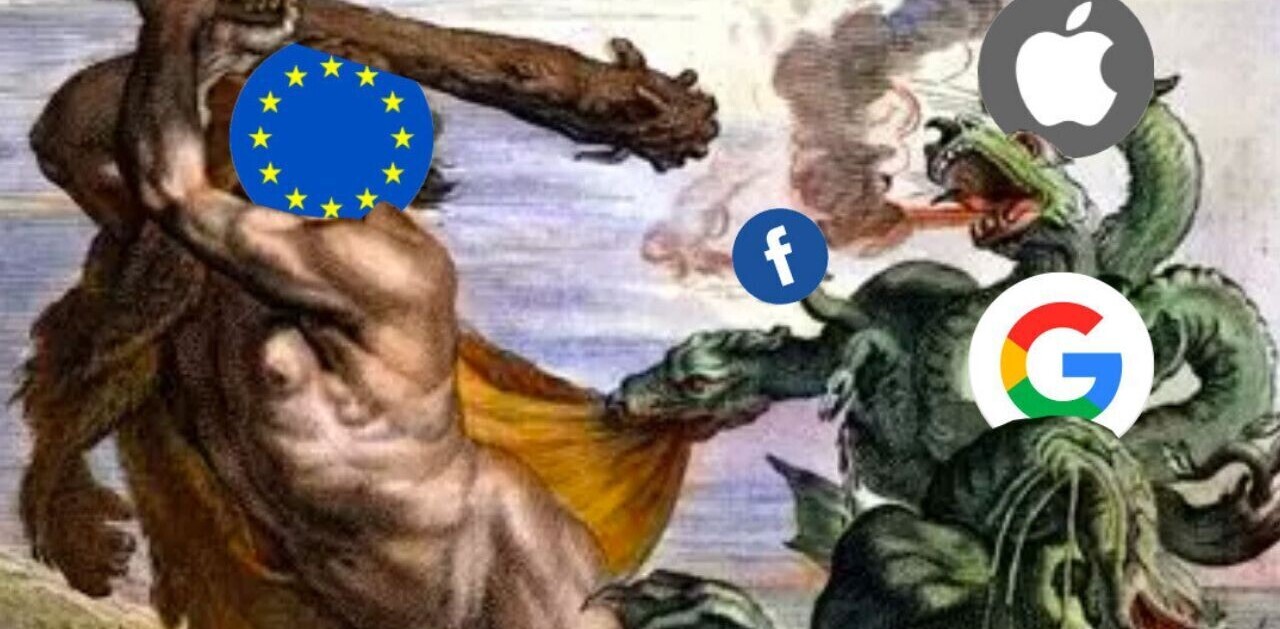
If you were hoping maybe Apple and Epic Games were anywhere near working out their differences, I’ve got some bad news for you. Judge Yvonne Gonzalez Rogers confirmed in a recent ruling that no, she’s not going to force Apple to host Fortnite on iOS, meaning you’ll be stuck to the myriad other platforms that support the game.
The judgement, handed down on Friday (and which you can read here), both grants and denies requests from Epic Games. Specifically, it grants the request that Apple be blocked from cutting off its developer account — meaning, Apple isn’t allowed to keep Epic from updating the Unreal Engine. This means the emergency injunction Epic received barring Apple from terminating its developer account is now permanent, so game developers working with the Unreal Engine no longer have to hold their breath.
In case you haven’t been keeping up, this whole mishegas is basically a conflict between the two major companies over the pile of money Apple accrues from its 30% pay cut of gaming purchases. Epic has claimed Apple is practicing an unlawful monopoly since Epic has no other way of getting Fortnite on iOS. Judge Rogers points out that “Epic Games cannot simply exclaim ‘monopoly’ to rewrite agreements giving itself unilateral benefit.”
However, she doesn’t let Apple, which advanced several rather hyperbolic arguments to justify cutting off Epic’s developer account, off the hook either: “[The] Court is not persuaded by Apple’s exaggerated claims that Epic Games would insert hidden or malicious code into Unreal Engine or its products to damage the iOS platform. The record is devoid of any evidence to support such a finding or inference.”
As for Fortnite, however, the courts won’t grant Epic’s request for an injunction that would force Apple to put the game back on the App Store. It’s maintaining the same line it’s had this whole time, which is that Epic can get the game reinstated by itself any time by removing the payment apparatus that started this whole mess in the first place. Judge Rogers expresses sympathy for gamers who might be deprived of their favorite distraction, but says that doesn’t outweigh the need for major companies to abide by their contracts:
The Court has empathy for Fortnite players regarding the continued unavailability of the game on the iOS platform. This is especially so during these continued difficult times that is the COVID-19 pandemic era, where gaming and virtual worlds are both social and safe. However, there is significant public interest in requiring parties to adhere to their contractual agreements or in resolving business disputes through the normal course.
Honestly, Judge Rogers is a real standout in this mess. She’s grasped what the big-picture impact of this lawsuit could be, no matter which way it goes, and doesn’t sound like she’s suffering any foolishness on either party’s part. She pointed out how there is a gap in the arguments where there should be hard numbers about iOS users and Fortnite gamers, and, “Neither party adequately addresses these factual questions.” She also points out in the lawsuit that Epic’s antitrust allegations could have a significant impact on the rest of the tech industry, which runs things similar to how Apple does:
Indeed, Sony, Nintendo and Microsoft all operate similar walled gardens or closed platform models as Apple, whereby the hardware, operating system, digital marketplace, and IAPs are all exclusive to the platform owner. As such, a final decision should be better informed regarding the impact of the walled garden model given the potential for significant and serious ramifications for Sony, Nintendo and Microsoft and their video game platforms.
She also reveals that one of the key pillars of Epic’s counterargument to that point is that Sony, Nintendo, and Microsoft make little-to-no profit on hardware and console sales, unlike Apple — a distinction she says is without legal precedent. I’m not a lawyer, so I don’t know if this argument has legs — I guess we’ll find out if and when this case ever goes before a jury.
If a jury trial does happen, it won’t be until some time next year. In the meantime, we still urge you not to buy any of the expensive iPhones with Fortnite installed that are still cropping up on eBay.
Get the TNW newsletter
Get the most important tech news in your inbox each week.





